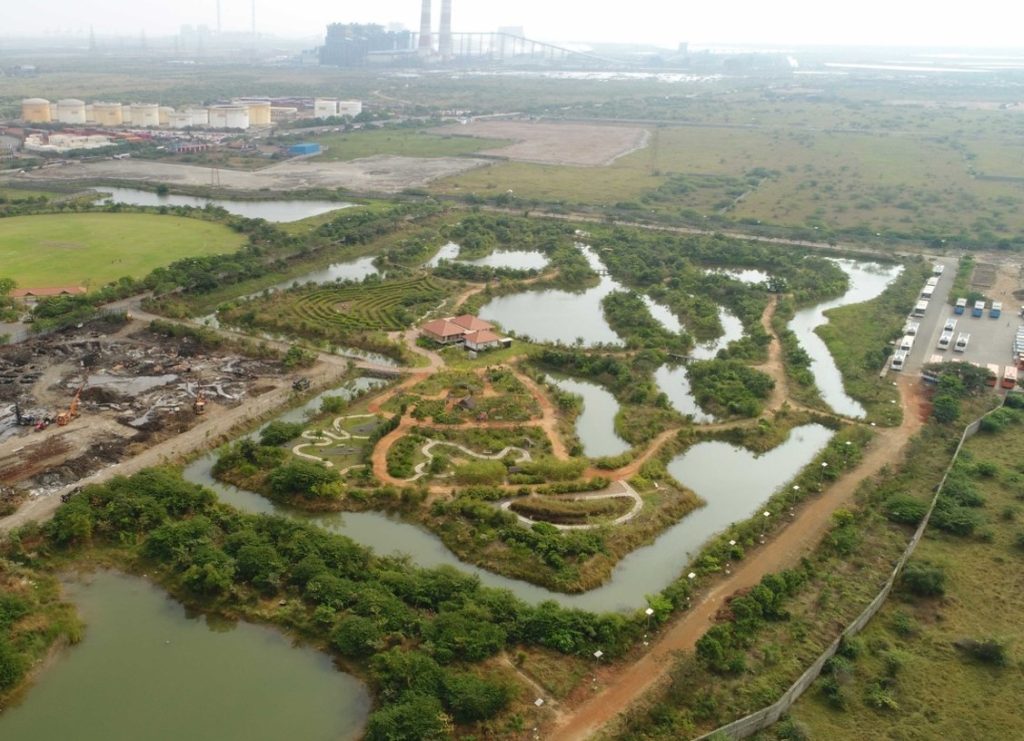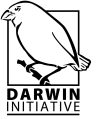Introduction to our GBS Hubs!
Testing has begun on the ground survey elements of the GBS in six highly biodiverse countries.
Our botanical garden partners represent organisations who have been actively conducting and advising on ecological restoration over many years. We will be working with 10 hubs over the coming year to develop the GBS methodology and at the end of this year we will be holding an in-person workshop to bring together all of the learning and insights made over the past year. Over the next few newsletters, we will be introducing our hubs and highlighting some of their exceptional achievements in ecological restoration and species recovery. Our Hubs are in India, Kenya, Uganda, Madagascar, Peru and Brazil.
In India, Auroville Botanical Garden have been working of ecological restoration for over 20 years. Through their own restoration work on the 44-acre Auroville Botanical Garden site they have built a reputation as a leader in the restoration of tropical dry evergreen forest. This has led to multiple collaborations on the restoration of other sites within the region. They operate a thriving native tree nursery producing over 100,000 seedlings per year and have a specialized ecological horticultural school where they train students over a four-month course. They have a thriving schools education programme and welcome students from all over India.
In the center of Chennai’s industrial area Auroville Botanic Gardens expert team have restored 26 acres of degraded land into a wetland forest. Over the last three years they have created a network of ponds and canals and reintroduced a diversity of native species, adapted to the saline environment.
In working with Ramco cements, they have restored 255 acres of the Pandalgudi mine. The third phase to be completed by 2023 will encompass an additional 100 acres. Including over 165 native species and an education center, this has become a flagship for mine site restoration in the region.
Events
At the World Biodiversity Forum in Davos the GBS was promoted through a presentation and panel discussion on taking action to secure a future for the world’s threatened trees. The panel consisted of Galena Woodhouse (BGCI), Malin Rivers (BGCI), Kirsty Shaw (BGCI), Akanksha Khatri (World Economic Forum/1t.org), Pieter Van Midwoud (Ecosia), Kate Hardwick (Kew), Josep M Serra-Diaz (AgroParisTech). This session highlighted how the botanical community has taken a series of measures to draw attention to the need for better tree planting, particularly focusing on species selection and incorporation of threatened species for biodiversity conservation and restoration. This has been incorporated into the WBF resolution.
The GBS was promoted recently at the AETFAT congress in Zambia which was attended by around 150 people, with representation from 18 African countries. BGCI’s Kirsty Shaw gave a keynote talk on the role of African botanic gardens supporting ecological restoration and livelihoods, and encouraged congress participants to make botanical data available to help with restoration planning, and to partner with NGOs and governments to improve the biodiversity outcomes of tree planting projects on the continent. This will be vital for biodiversity conservation as African countries have pledged to restore more than 127 million ha of degraded land under AFR100.
From 4th – 6th July, GBS partners BGCI and ICRAF hosted a training course on “Tree diversity and quality tree seed for livelihoods, nutrition, water, soil, climate and nature” in Nairobi, Kenya. The meeting was co-hosted with Terraformation who provide tools, training, and technology to restore the planet’s forests. The meeting brought together participants from Kenya, Rwanda and Tanzania, representing 30 organizations, all of which actively plant trees. Participants were guided on how to broaden their planting mix to incorporate more native species and how to collect and store good quality seed for planting.
Contact Us
As ever we are keen to hear from you about your interest and partnerships on the GBS. Please feel free to contact the Project manager at galena.woodhouse@bgci.org


